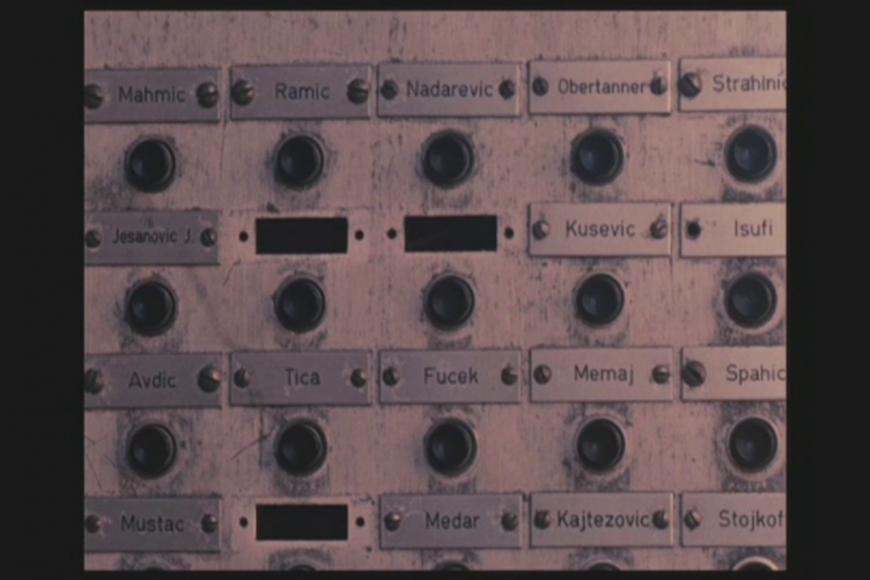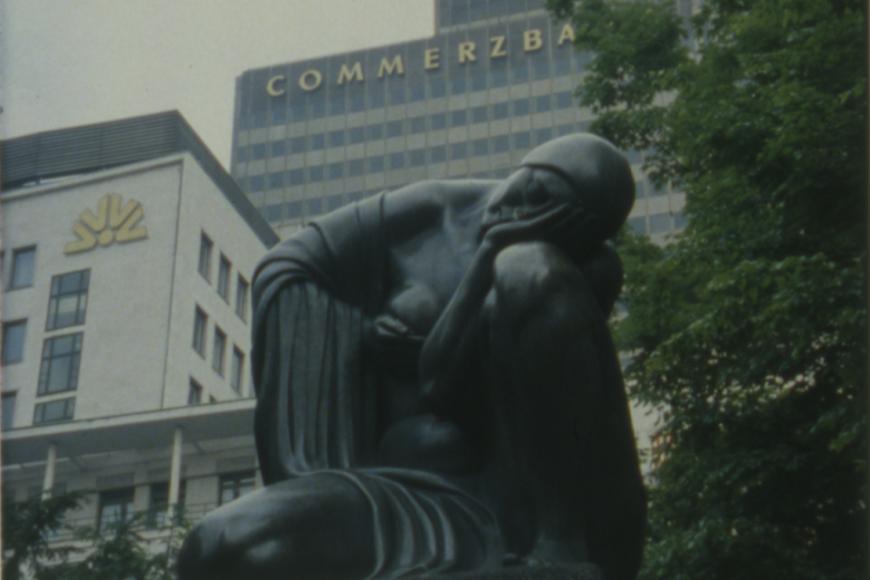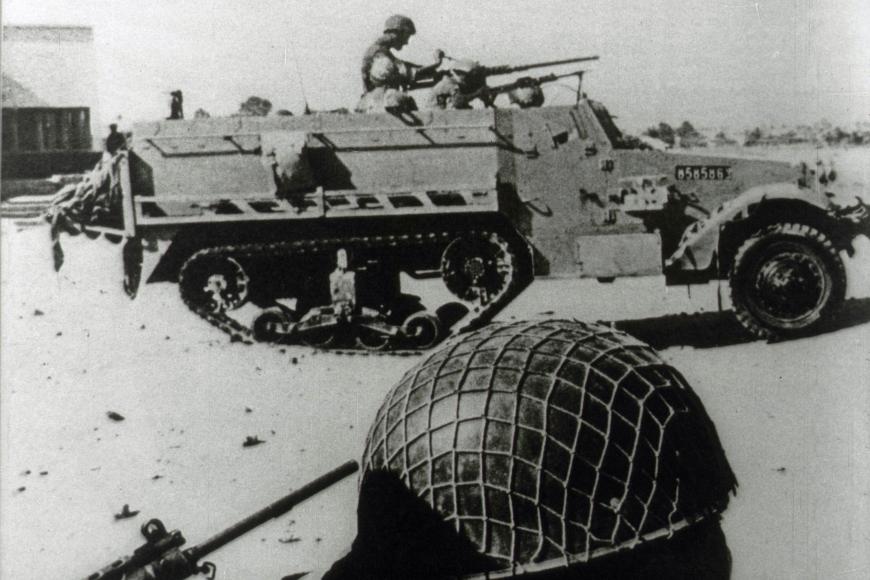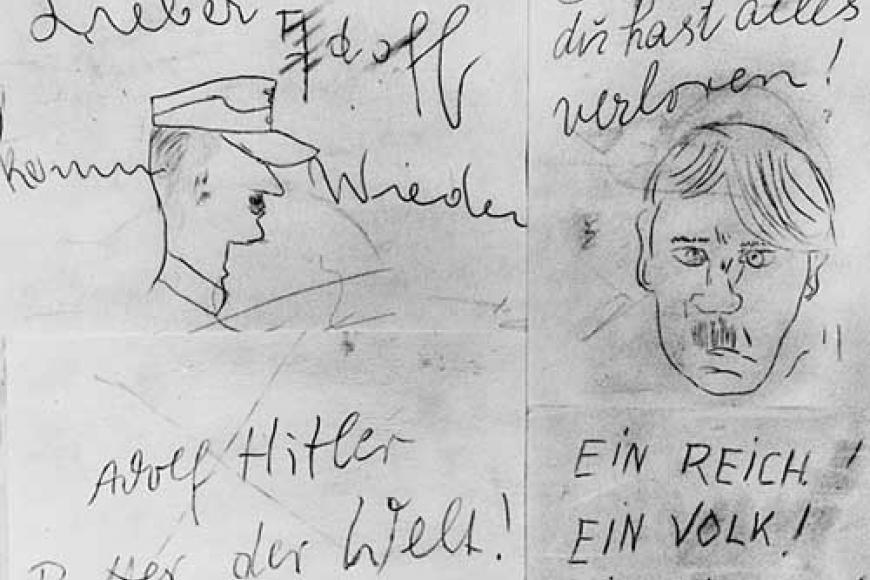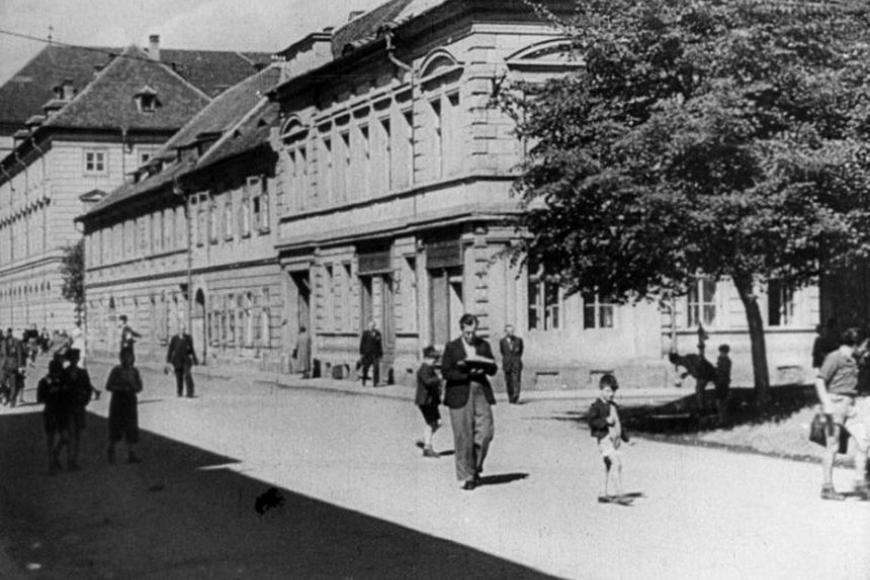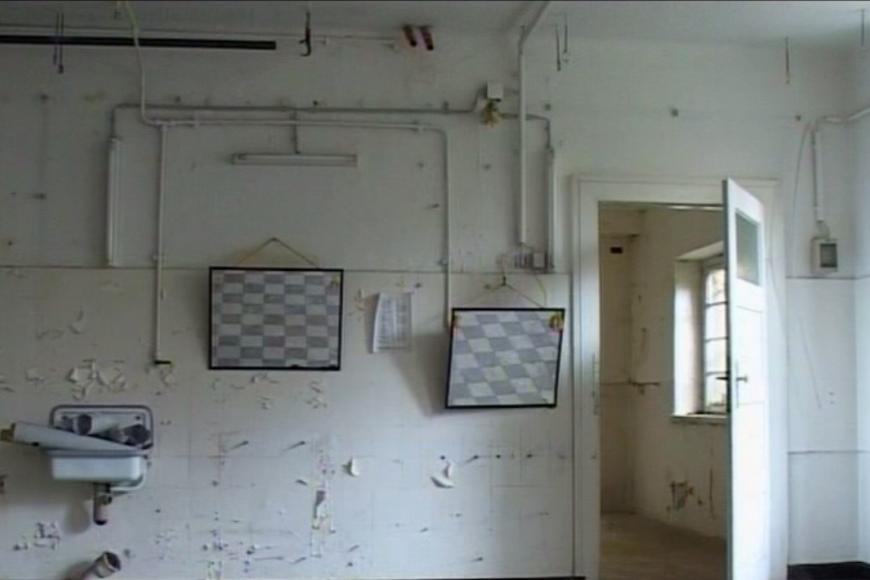
The Empty House
After reunification, immigration made the Israelite Religious Community of Leipzig grow to considerable size, too big for its old rooms. The Ariowitsch House, built in the 1920s as an Israelite old people’s home, is to become the home of a generously dimensioned cultural and community centre – and at the same time commemorate the residents of the home who were deported to Theresienstadt in 1942. But the start of the development is delayed: neighbouring land owners file a lawsuit. Miriam Pfeiffer intervenes in the ongoing public debate, asking citizens of the city about their suspicions concerning reasons of the refusal that the competent court may not be aware of.

